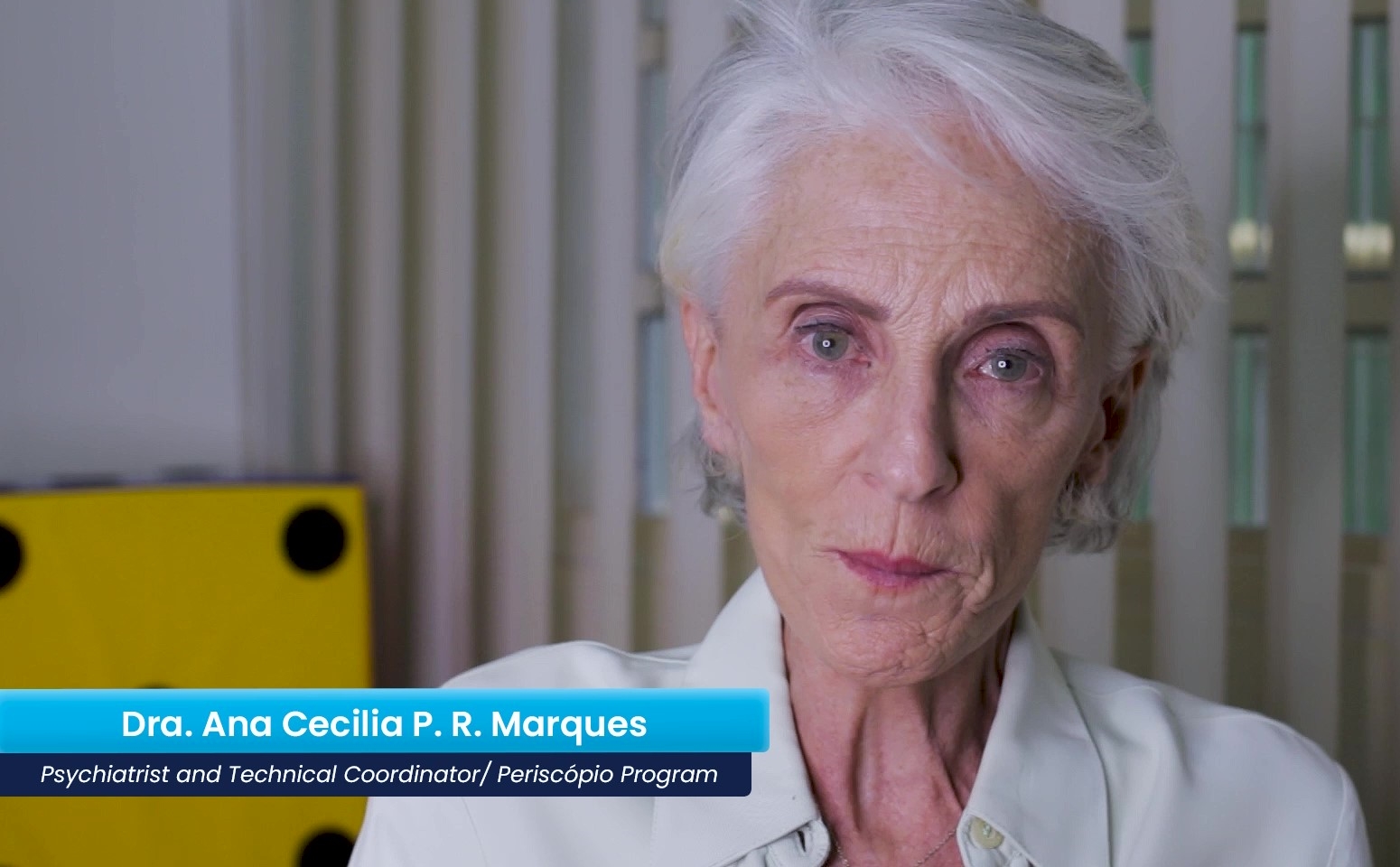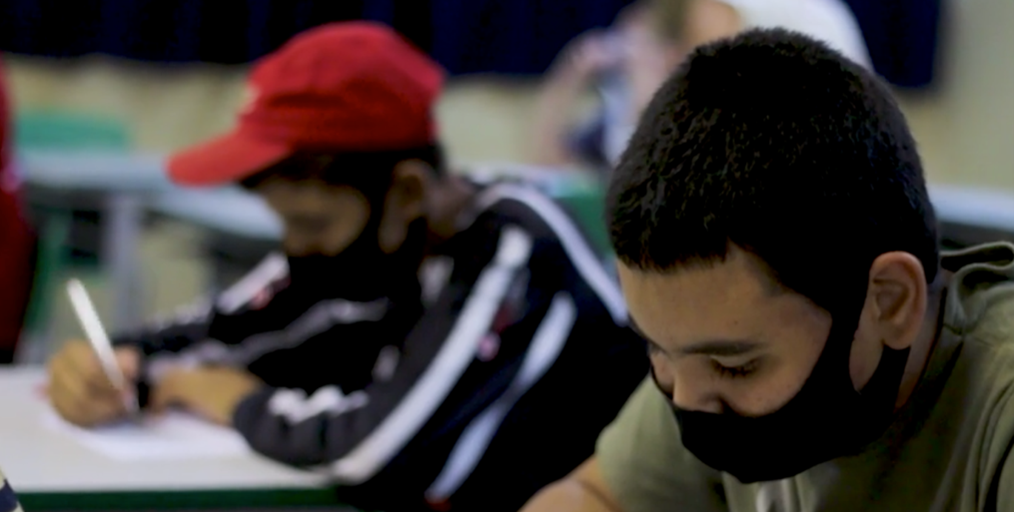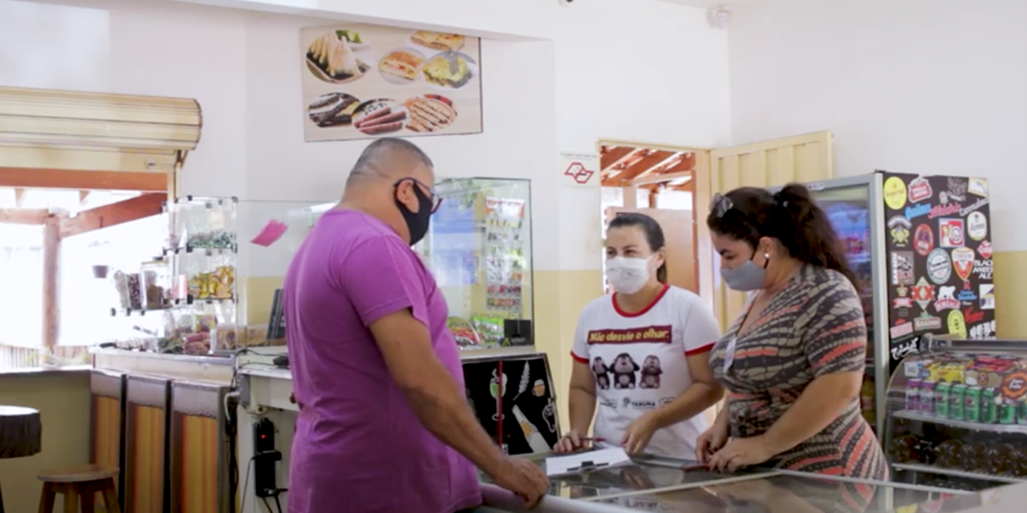Designing and implementing policies to reduce the consumption of alcohol is a significant challenge globally. The situation is no different in Brazil. The country experiences the harmful effects of substance use in numerous areas. For example, the toil of alcohol consumption can be felt in the healthcare system and economy. It also has links to rates of domestic violence and road crashes.
In an effort to make changes locally, Dr Ana Cecilia P. R. Marques, a psychiatrist and researcher at the Federal University of São Paulo, set out to develop a programme targeting alcohol consumption in the city of Tarumã. Located in the state of São Paulo, Tarumã is a small city with a population of 15,300 (1). At the time of the programme’s inception, the city faced first-hand the effects of excessive drinking and drug use, mainly its association with increased violence.
In 2007, Dr Marques and the city mayor, secretary of health, education and social services, and community leaders launched the programme Periscópio. As Dr Marques describes, by working across education, health, and the social welfare sector, Periscópio’s design “aims at reaching all Tarumã residents, from the foetus to the elderly”. The programme applies a range of evidence-based strategies and community approaches focused on prevention, education, awareness-raising and the reduction of excessive drinking and treatment for people affected by alcohol addiction.

Dr Ana Cecilia P. R. Marques, Psychiatrist and Technical Coordinator, launched the Periscópio programme together with other key city stakeholders in 2007. Credit: WHO/Achocolatado Filmes.
Working in schools to local bars, the Periscópio programme prioritizes a community-at-large approach to prevention and awareness-raising for reducing the harmful consumption of alcohol
Since 2007, the Periscópio has undergone four phases of implementation, beginning with a local needs and resource assessment, then the design of tailored activities and an initial and further evaluation of performance.
The implementation of Periscópio has relied on efforts across city departments of education, health and social welfare. For example, in the education sector, the programme has focused on reaching children, teenagers and young adults. As Dr Kaled El Sahli, Pediatric Psychiatrist affiliated with the programme, describes, “the objective is to converge in a well-tuned way, [for] health within the educational area.”
The programme has also included the development of pro-active preventative measures in schools to identify and address childhood risk factors for drug misuse behaviours as adolescents. A multidisciplinary screening protocol was developed and applied in schools, with students receiving psycho-pedagogical therapies after being diagnosed by a training team as having mental, learning, behavioural and familial difficulties.
In the community, inspections of the availability and ease of access to illicit products for individuals under 18 are carried out. The programme also includes frequent meetings with parents and other community members, such as bar owners, to build their first-hand capacity for delivering brief alcohol interventions.

The Periscópio programme works to train teachers in schools to reach teenagers and young adults about the harmful effects of alcohol. Credit: WHO/Achocolatado Filmes

The Periscópio programme is also active in reaching bar owners. As Tarumã bar owner Silvio da Silva describes: “I support the project workers going to bars and holding meetings with the owners. This visit the project workers are doing at my bar should, if possible, be done with each bar owner.” Credit: WHO/Achocolatado Filmes.
Collaborations across stakeholders and the support of local authorities are among key factors contributing to Periscópio’s success
The ongoing implementation of the Periscópio programme has benefited from the support of several layers of stakeholders, ranging from municipal authorities to city professionals in education, health, social assistance and the programme’s beneficiaries of various age groups and social strata.
The programme has also withstood changes in city administration. Throughout, it has consistently benefited from the support of the mayors of Tarumã, so much so that in 2016, the programme was transformed into a municipal policy of “comprehensive care for users of alcohol and other drugs” (Municipal Law 1.199/2016(2)). In doing so, the programme is now a mandatory part of the pluriannual plan of the city, meaning it is included in the annual budget laws.
Drawing from the experience of Periscópio, cities interested in implementing a similar programme should focus on identifying local priorities, building mechanisms for regular monitoring, and working across stakeholders in an integrated, whole-of-community approach.
Find out more about how the city of
Tarumã, Brazil, is reducing the consumption of alcohol by watching the linked
video
References
[1] IBGE | Cidades@ | São Paulo | Tarumã | Panorama
[2] Municipal Law 1.199/2016[2] Municipal Law 1.199/2016
